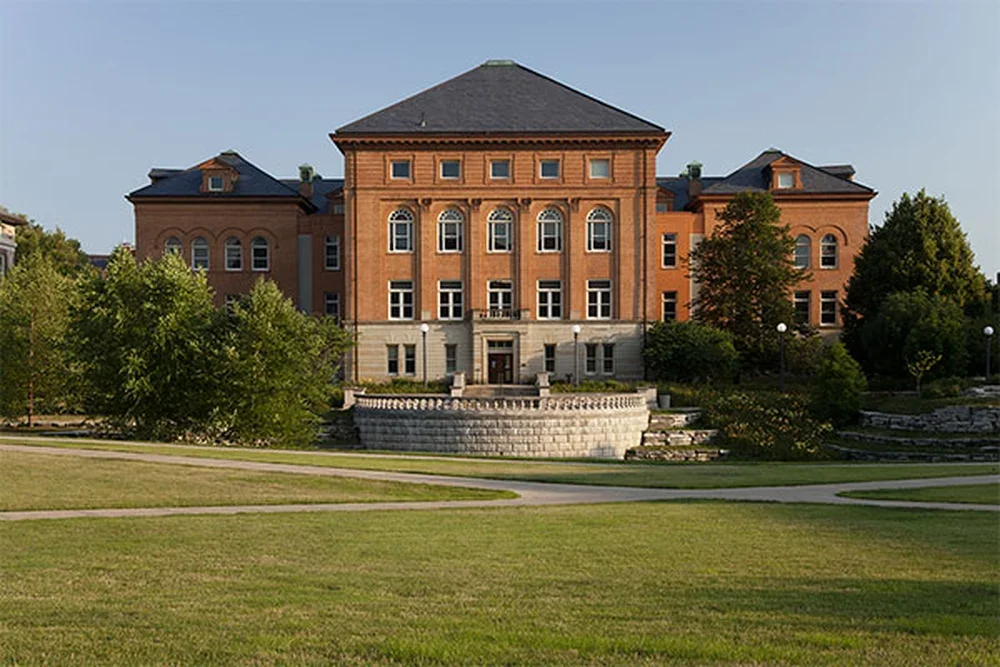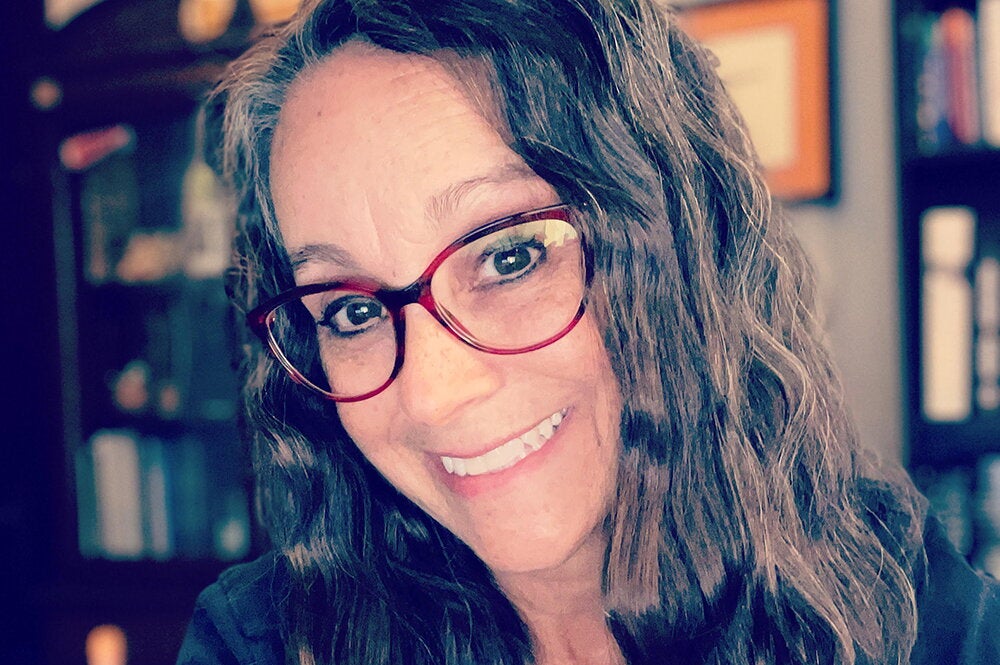
Hillary learns about Illini football (remember this is pre-2008 Rose Bowl)
“I must confess, though, that after I accepted the invitation to speak here, I learned that this campus has two commencement ceremonies, both of which take place in this arena—one, this one; and another, later in the afternoon. We have a number of graduates of the University of Illinois in Washington and at the White House, so I began to ask them: ‘Well, you know, I was at Pennsylvania and Michigan last year, both very fine schools;’ I know, I know, ‘but they had their large commencements in their football stadiums and everybody came and it was one huge event. Why is it that at Urbana-Champaign there are two ceremonies?’ And I got the same answer from every graduate, which was, ‘We have happier memories in the basketball arena than in the football stadium.’ So let’s remember all of the good times and go forward into the future with all of you.”
Hillary on the inauguration of Nelson Mandela, which she witnessed just a few days before the Illinois commencement
“I sat and watched a man take the oath of office, joined by two other men: one his comrade over many years, Deputy President Mbeki; the other his foe over many years, Deputy President de Klerk. Three men who, despite enormous differences in a far away land torn by racial strife and hatred and violence that we cannot even imagine, joined together in a vision of a new South Africa. The inaugural ceremony was especially moving because of the speech that President Mandela gave, because the platform consisted of black and white and colored citizens of South African and the presidents of the military and security forces in their uniforms, and because of a 21 gun salute and a flyover of the most advanced military contingent committing itself to the new South Africa. But the highlight of the entire inaugural for me came later, at a lunch where President Mandela stood and talked about how he had invited to his inaugural ceremony three of his former jailers.
“This is a man who was in prison for 27 years, longer than many of you have yet lived, in the constant confinement and under the watchful supervision of jailers. And yet, because he was a man who understood that real change must come from within, who understood and incorporated the message of love and forgiveness that too many of us only give lip service to, he learned to love his jailers, and they, in turn, learned to love him. They no longer saw each other as stereotypes, as people who came from different racial backgrounds, but they broke through the barriers that divide us, even in this country, to see each other in their full humanity.
“When he stood there and said that, I thought of several things. I thought of what my husband has said repeatedly since he started his campaign for the presidency—that real change must come from the inside out; that government can only do so much; that institutions, even ones of excellence like this university, can lead only so far; that fundamental change must come from the hearts and minds and souls of individuals. And I thought, ‘What an example the world now has of what that truly means, a new president who invites his jailers to his inauguration.’”
Hillary talks about liberty in the post-Cold War era
“The writer and journalist William Allen White wrote that ‘Liberty is the only thing you cannot have unless you are willing to give it to others,’ and I would add, unless you are willing to exercise the responsibilities that go with it. You will find that your own freedom, as you leave this campus, will depend on finding the proper balance in your own lives; a balance between work and faith and service and family, but also a balance between your rights as individuals and your responsibilities to your community, your country, and the world. And that balance may change as you go through life and your obligations change with it. Defining who you are will depend not only on the personal milestones you reach, but on the firmness of your beliefs, the courage of your convictions, and the depth of your civic spirit. The most important contribution you can make is not to give up—not to give up on yourself, your ideals, your community, your country.
“My favorite commencement speech of all time is probably the one that Winston Churchill game to students at his prep school in 1941, a dark year for England during World War II. He said: ‘Never give in. Never give in. Never, never, never, never.’ That is good advice to those of us in this country who often give in too easily; give in to being told we can’t solve our problems; give in to being we can’t get along with one another; give in to believing that America’s best days are behind us because, somehow, the conditions of life today are not what they used to be. In the midst of a war, in the midst of bombing, Winston Churchill reminded the people of England never to give in.”
Hillary talks about her health care ideas (and ends speech)
“...Our nation has to work so hard to get our economy in shape again, to strengthen families, to improve education, to eradicate poverty and hunger, to rid our streets of violence and crime. And that is why we have to—we have no choice—we have to reform a health care system that does not provide health security to the American citizen.
“There is not one person in this great arena, no matter how well insured, who can be secure in knowing that he or she will have the same health insurance benefits, at the same cost, this time next year. We are not free if we have to live in terror of disease and accidents stalking ourselves or our families. This debate about health care is much bigger than about the deficit, although it is about that. It’s much bigger than about cutting down on paperwork and bureaucracy, although we must do that. It’s about something much deeper.
“Today, 10 million children do not have health insurance and millions more do not ever see a doctor. Nearly 40 percent of all two-year-olds have not received the immunizations they need to protect them from the major childhood diseases. We find ourselves in the anomalous condition here, in the richest, strongest country in the world, of having measles epidemics that maim and kill hundreds of children because we cannot figure out how other countries much poorer than we provide better health benefits to their children.
“Half of today’s private health insurance plans do not pay for basic preventive services for children, such as vaccines and well-baby exams. We don’t pay for prenatal care for the pregnant women who often end up in our emergency rooms where we then pay extravagantly to take care of problems that could have been prevented. Too often, children with chronic illness cannot get coverage at all.
“I have had the privilege of traveling our country and meeting, literally, hundreds, now thousands, of people who have shared their stories with me. I’ve received a million letters from people just like you who sat down and took the time to tell me what happened in their lives. I want to just tell you two quick stories about children.
“The first story concerns two cousins who lived together with their parents in a very big old house. They played together in the backyard and they both got sick. One of the cousins was the child of a family that had insurance. That child was taken to the hospital, admitted, diagnosed with meningitis, kept in the hospital, treated and discharged to come home a healthy child. Her cousin was the child of a family without insurance. She also got sick, she also was running a very high fever. She was taken to the hospital and referred to another hospital, where she sat in the emergency room with her mother until she was finally seen. When they learned she had no insurance, they gave her two baby Tylenol, told her to go home and to let them know what happened. On the day that her cousin was discharged from the hospital, this child died. Shortly after that, the younger sibling of the child who died also got sick. This time the hospital, which knew what it had done, said ‘Oh, we will take care of this baby for free.’ No child in America, no child of a working American, should ever again be turned away from any hospital because that child’s mother and father do not have health insurance. This country should provide health care for every one of its children.
“The other story is a story that I hear all the time when a family, without warning, has a child with a chronic illness or a child who has an accident. Very often these are well-insured families, but most insurance has a lifetime limit, and a child who is born with a congenital problem or who has a serious accident that requires much acute and rehabilitative care quickly exhausts the lifetime limit of most insurance policies. I’ve had these stories described to me from one end of this country to the other. I can barely stand to hear them, but I will keep listening because I feel that all of us owe these parents the right to have their stories heard. I was sitting in a children’s hospital talking with a number of families whose children have chronic diseases, thinking, ‘There but for the grace of God go any of us,’ when a mother described to me what it is like to care for a very sick child, day in and day out. Her husband works and can provide insurance for himself and for her and their healthy child, but not for the sick child because nobody will insure a sick child. She said she finally understood what she was up against when she went from place to place looking for insurance—because she and her husband did not want a handout from anybody—and someone looked at her and said, ‘What you don’t understand is that we do not insure burning houses.’ I thought to myself, ‘What if someone had described my sick daughter as a burning house? How would I feel?’ Yet none of us can predict what might happen to any of our children.
“These two stories illustrate dramatically what our challenge is, but health care also symbolizes what our opportunity is. Some people say, ‘Oh, but my goodness, insuring everybody will cost so much.’ We are already, in our country, spending 15 cents out of every dollar on health care, and we don’t even take care of all our people. Countries in Europe and Asia don’t spend nine cents on the dollar, and they cover everybody! In fact, we are being pennywise and very pound foolish, as the old saying goes, because until we cover everybody, we cannot control costs. So this health care debate, yes, is about money. It’s about the economy. It’s about farmers like the ones I have sat with who still could get insurance despite enormous discrimination, but could not understand why in the last five years the cost of their insurance has gone from the equivalent of 200 bushels of wheat to over 3,000.
“Yes, it is about money, but it is about something more. It’s about social justice. It’s about making sure that no child, no adult, is turned away from necessary medical care. It is also about our political system. Can we make this system work for every citizen, or will we get mired down in gridlock and partisan wrangling instead of solving problems? But it also has a moral dimension as well. Will we be able to look into the eyes of one another, as citizens of the greatest country in the world, and say we are caring for each other again, we are reaching out to each other again?
“Government alone cannot solve our problems, but government, as a partner with all of us, can move us a very long way down the road of beginning to deal honestly with our problems and being able to make progress together. If for an instant you doubt our ability to change, to make progress, to build a more economically productive, socially just, politically productive and morally right society, think about places like South Africa and hear what Nelson Mandela said last week: ‘We understand still that there is no easy road to freedom. We know well that none of us acting alone can achieve success. We must, therefore, act together as a united people for national reconciliation, for nation building, for the birth of a new world.’ Those words apply to us here. Those words are a challenge to all of you to join us in this great country as we build a new future of which you will not only be a part, but the architects. There will never be a more glorious opportunity to be part of making sure America is all that it should be.
“Godspeed to each of you, and God bless America.”


